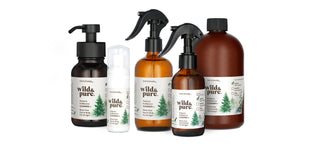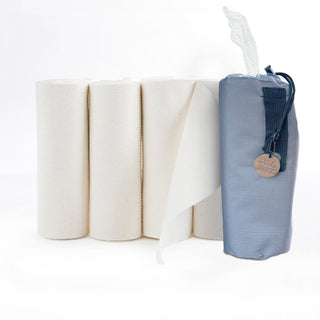A new study from Portland State University (PSU) found that microplastics and synthetic fibers are widespread in the seafood we eat, raising concerns about their long-term impact on human health. Researchers examined nine seafood species from Oregon and discovered that 180 out of 182 samples contained human-made particles, including microplastics and synthetic fibers from clothing and personal care products. Pink shrimp, a filter-feeding species, had the highest contamination levels, and fish purchased from stores contained more microplastics than those taken directly from fishing boats—suggesting additional contamination occurs during processing and packaging.

Microplastics and microfibers are now found in the edible muscle tissues of seafood, meaning they can travel beyond the digestive system and into other organs. The implications for our health are still being studied, but previous research has linked microplastics to hormone disruption and an increased risk of certain cancers. While researchers did not recommend avoiding seafood, they emphasized the need for better strategies to prevent microplastic pollution, especially from synthetic fibers, which made up 82% of the particles found.
The Hidden Connection: Microplastic Pollution from Wet Wipes
What does this have to do with personal care products? Wet wipes are a major source of microplastic fibers. Studies have shown that wet wipes, made from polyester, polypropylene, and rayon, shed thousands of plastic fibers when used or flushed. Once in waterways, these fibers contribute to the same pollution now showing up in our food supply.
A 2021 study found that:
- Wet wipes release 693–1966 microplastic fibers per sheet into water.
- Over 90% of the fibers were more than 100 microns long, increasing their risk of bioaccumulation in marine life.
- Wet wipes persist in the environment for decades, breaking down into even smaller microplastics that contaminate water, soil, and seafood.
How We Can Make a Difference
At Wild & Pure, we are committed to solutions that reduce plastic waste in personal care. Our 100% organic cotton dry wipes and EcoBalance Cleanser offer an alternative to traditional wet wipes—no synthetic fibers, no hidden plastic.
Through our CleanHub partnership, we’ve pledged to prevent 550 lbs of plastic waste from reaching our oceans. Small choices—like swapping plastic-based wipes for biodegradable alternatives—help keep our environment clean and our food supply safer.
♻️ Make the switch to plastic-free wipes with Wild & Pure.


